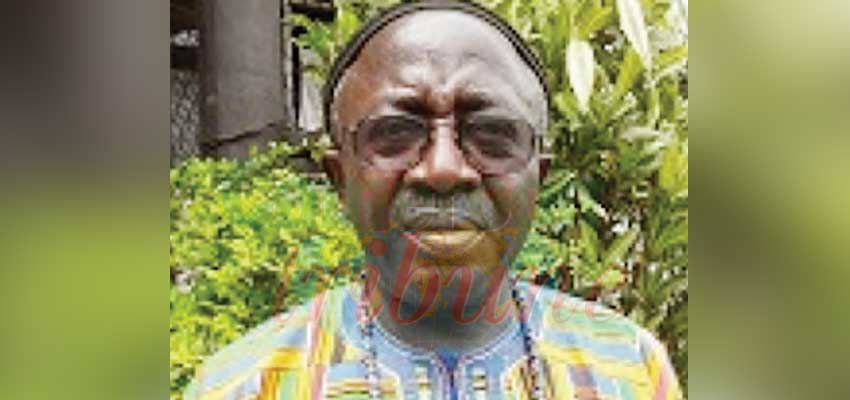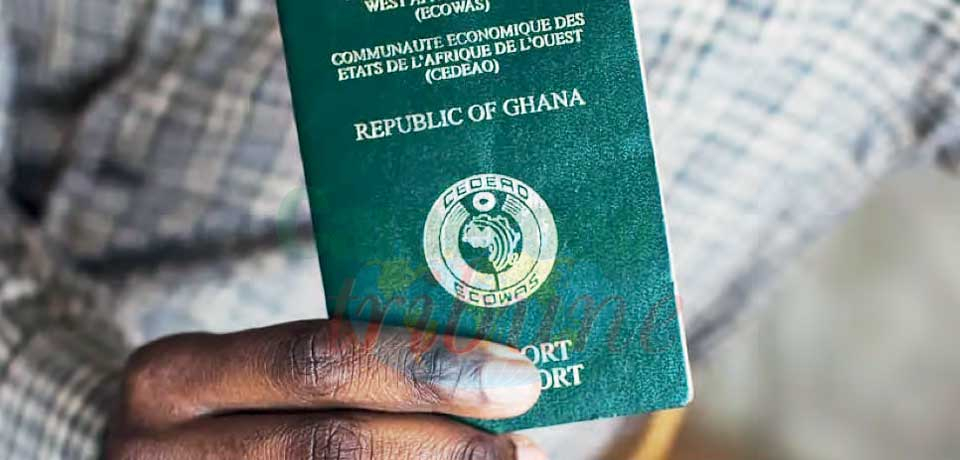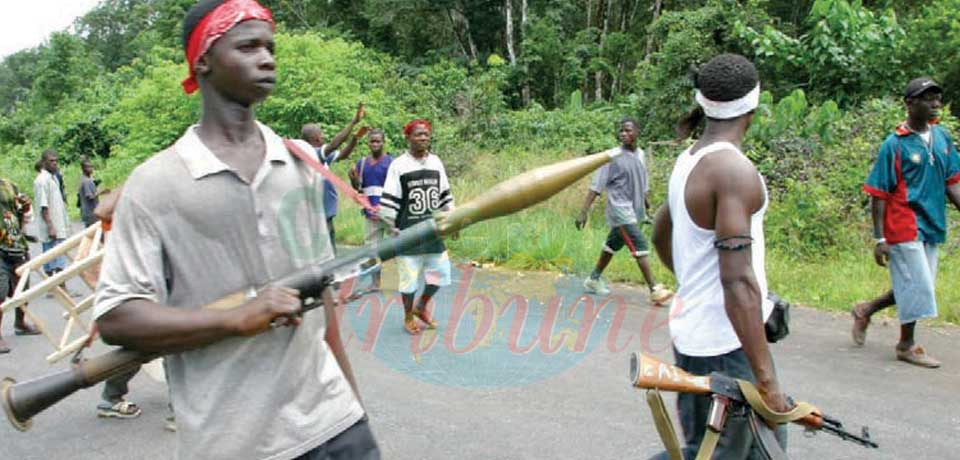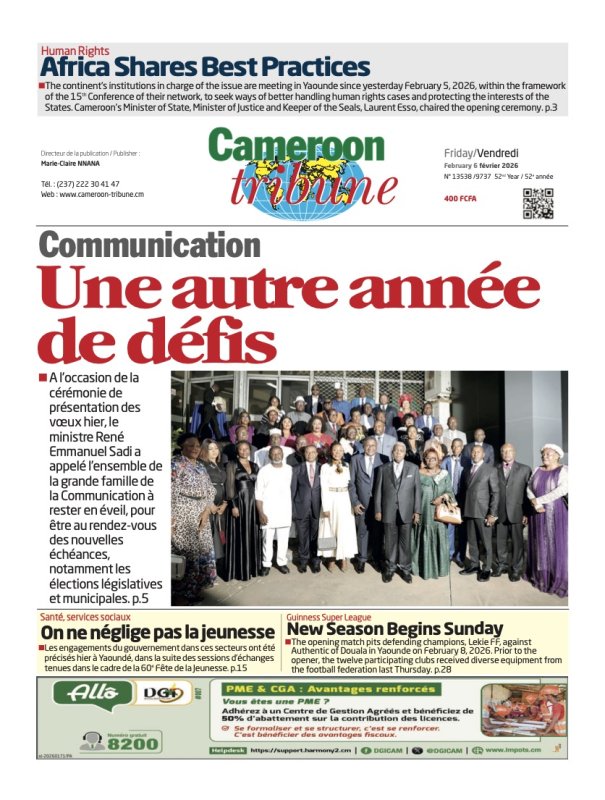“The Ruling Coalition Has a Good Balance Sheet”
- Par Eldickson Agbortogo
- 24 Jul 2020 13:06
- 0 Likes

Prof. Emmanuel Yenshu Vubo, Professor of Sociology, Dean of the Faculty of Social and Management Sciences, University of Buea
Will the passing away of the candidate of the ruling Ivorian coalition and the resignation of the country’s vice president compromise the chances of the ruling coalition in the October election?
I would say it is unfortunate that the Prime Minister, Amadou Gon Coulibaly and candidate of the ruling coalition died after coming back from treatment in France. President Alassane Ouattara who heads the Rally of Republicans Party (RDR), has been ruling with a coalition. After the 2011 election, he formed a coalition with Henri Konan Bédie’s Democratic Party of Côte D’Ivoire (PDCI), which went through during his first term in office. But during the second term, there was a split and Henri Konan Bédié withdrew his party from the coalition. But some of his party members decided to stay in Ouattara’s government as allies in what is now known as the Rally of Houphouëtists for Democracy and Peace (RHDP). I don’t think the death of one person would play negatively against the party. There are many other young candidates within the party who have emerged and are capable of taking up the challenge if given the opportunity. The name of the Secretary General at the Presidency, Patrick Achi and that of the Minister of Defense Ahmed Bakayoko, keeps coming up. Secondly, the party is well implanted all over the country and has alliances with other parties where they can draw support when the time comes. The ruling coalition has time to come out with a viable candidate. For Vice President Daniel Kablan Duncan who resigned, not much is known about his motive for leaving the government. But it seems he was no more comfortable with the way things were being done. For now, one can’t say anything much with regards to his strategy and popularity.
Does the present state of affairs in the country in any way give advantage to the opposition or hamper the transition?
In African politics what people call opposition in political science is the minority. They are considered minority because they did not win the last elections. At the end of the term of office, what counts most is the balance sheet of the party in power. If it is a positive balance sheet, then their chances of grabbing another term are high. If not, those in the minority (opposition) would now capitalize on it to woo voters. In the case of Ivory Coast, there are two main opposition parties. The party of Henri Konan Bédié, Democratic Party of Côte D’Ivoire (PDCI), and Laurent Gbagbo’s Ivorian Popular Front (FPI) but these parties are divided into factions which have weakened their actions in the field. You know that a faction of Bédié’s party members are in coalition with Ouattara, while Gbagbo’s party, Ivorian Popular Front (FPI) is also divided. While one faction of the latter has stayed loyal to Gbagbo, the oth...
Cet article complet est réservé aux abonnés
Déjà abonné ? Identifiez-vous >
Accédez en illimité à Cameroon Tribune Digital à partir de 26250 FCFA
Je M'abonne1 minute suffit pour vous abonner à Cameroon Tribune Digital !
- Votre numéro spécial cameroon-tribune en version numérique
- Des encarts
- Des appels d'offres exclusives
- D'avant-première (accès 24h avant la publication)
- Des éditions consultables sur tous supports (smartphone, tablettes, PC)














Commentaires